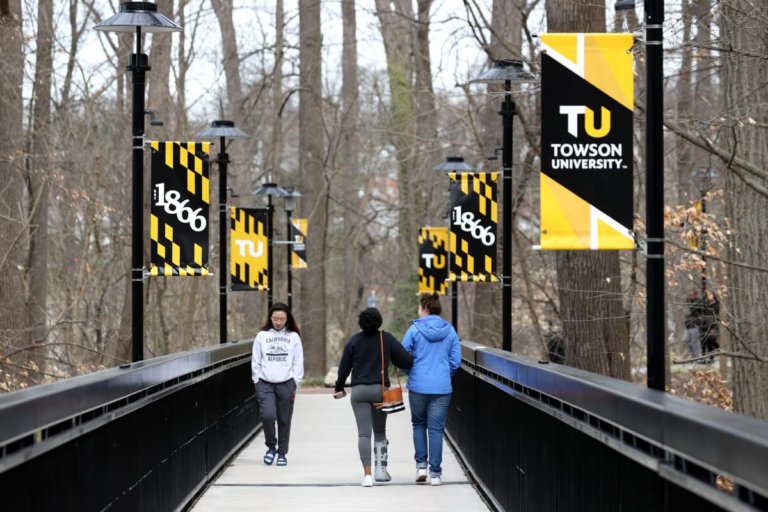
COVID-19 may have shut many universities, but as lockdowns and travel restrictions gradually ease across many countries, can international students soon expect university campuses to reopen?
That’s one possibility.
Countries such as those in the EU may be reopening their borders in mid-June; at the time of writing, New Zealand’s borders remain closed to international students. They could, however, be exempt from this restriction in the future, New Zealand education minister Chris Hipkins has suggested, if universities are able to quarantine them safely.
Over in Australia, the federal government is considering a travel exemption to allow international students into the country again from as early as July 2020.
Some institutions in the UK are mulling the reopening of their university campuses in September. It’s a similar situation in the US where many universities have expressed interest to do so in the fall.
With things set to resume, what are some of the things international students can expect?
Here are some possibilities:
Quarantine upon arrival

A medical officer (R) takes a swab sample from a man to be tested for the COVID-19 coronavirus at a quarantine centre in Yangon on May 16, 2020. Source: Ye Aung Thu/AFP
Countries like Canada have granted travel exemption to international students. Despite that, upon arrival, students’ health will be assessed before they leave the port of entry.
Those who show no symptoms must still be quarantined for 14 days from the day of arrival in the country. New Zealand is reportedly mulling something similar.
If such measures are taking place across many countries, international students should plan their travels accordingly. Book your flight a few weeks ahead, leave room for a quarantine period of at least 14 days — that way you’ll start the semester on time!
Student visa delays
Many visa centres around the world are now closed as a result of the outbreak until further notice.
This means international students with offers to study at a particular university are likely unable to apply for their study visa. If this is the situation you’re in, discuss your options with your university.
Be prepared, however. You may need to defer your offer if your courses do not fit within your university’s physical distancing measures.
Hybrid delivery of courses

Not all universities are going fully offline with their lessons. Source: ALAIN JOCARD/AFP
Despite many universities planning to open in September, not all plan to go fully offline with their lessons.
For instance, according to The Edinburgh Tab, Edinburgh University will mix online and face-to-face teaching depending on where students are in the world and the nature of their degree.
Due to physical distancing rules, the university said it cannot facilitate large-scale learning environments such as lectures or laboratories.
The university says: “We will be taking measures such as recording large lectures to a high quality, typically in advance of the semester, for all students, and finding innovative ways of delivering laboratory and studio teaching where necessary.”
To accommodate this change, they “will probably have to reduce the number of courses that are on offer next year,” and “changes will vary by degree”, said the report.
Shorter semesters
Some universities may implement shorter semesters and cancel fall break.
According to The New York Times, the University of Notre Dame is resuming in-person classes on August 10, with classes starting two weeks earlier than usual so students can complete a full semester by Thanksgiving. The university hopes that skipping a traditional fall break will reduce the likelihood that students will bring the virus back to its campus outside South Bend, Indiana.
The University of South Carolina is also reopening in August for three months of in-person classes with no fall break and then shift to remote learning after Thanksgiving.
Temperature checks and face masks

Will temperature checks and face masks be compulsory across campuses? Source: PHILIP FONG/AFP
Temperature checks and face masks may become a norm in university campuses.
The Manchester Evening News reported that the University of Bolton — which is scheduled to reopen in September — will have “airport-style walk-through temperature scanners”. Students and staff will receive face shields, which will be compulsory to wear “for the foreseeable future”.
The university is also expected to have a “rigorous cleansing programme,” in addition to extra sanitiser stations; bikes will be provided to help students avoid crowded public transport.
Meanwhile, the Tampa Bay Times reported that the University of South Florida president Steve Currall said he always intended to return to face-to-face instruction in the fall, but various precautions will be put in place. These include requiring face coverings, limiting capacity in common areas and increasing testing and contact-tracing among students, faculty and staff.
Liked this? Then you’ll love…
When will US borders open for international students?
September intake in UK 2020: What international students should know







